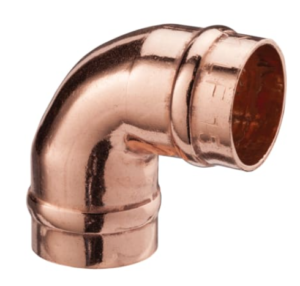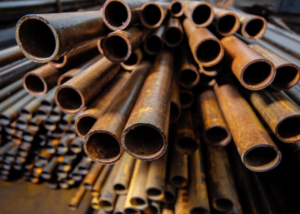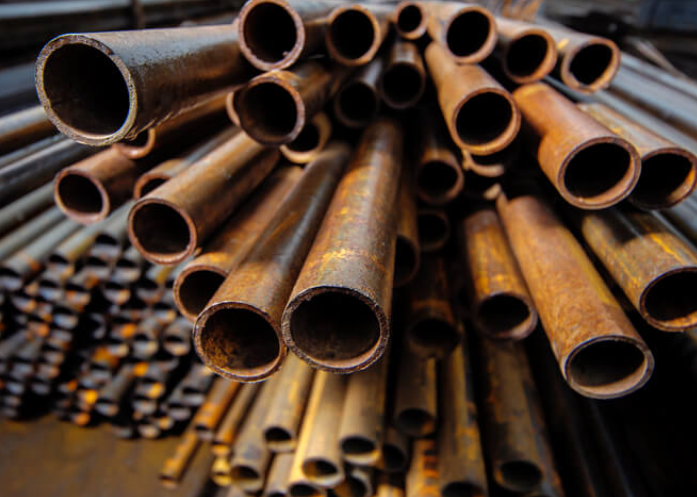The different types of pipes used in plumbing have varying lifespans, depending on their material, installation method, water quality and maintenance. Here’s an overview of six common types of pipes and their approximate lifespans.Copper pipes and copper pipe connectors
Copper pipes and copper pipe connectors are known for their durability. They are resistant to corrosion and can withstand high temperatures, making them suitable for both hot and cold water supply lines. With proper installation and maintenance, they can last for more than 50 years.

PVC pipes
PVC pipes have a relatively long lifespan and can last around 25 to 40 years. They are resistant to corrosion and chemicals which makes them ideal for drainage and waste systems. However, exposure to extreme temperatures can shorten their lifespan.
PEX pipes
PEX pipes are expected to have a lifespan of 40 to 50 years. They are resistant to corrosion and can be a durable option for both hot and cold water supply lines. PEX pipes are also flexible which reduces the risk of leaks from joint failures.
Galvanized steel pipes
Galvanized steel pipes have been used for many years but have a shorter lifespan compared to other options. On average, galvanized steel pipes last around 20 to 50 years. They are prone to rust and corrosion, leading to reduced water flow and potential leaks.
Cast iron pipes
Cast iron pipes are known for their exceptional strength and durability. With proper installation and maintenance, they can last for 75 to 100 years. However, they are heavy and susceptible to corrosion which can reduce their lifespan.

Lead pipes
Lead pipes have been used for centuries but their usage has declined due to the health risks associated with lead exposure. Lead is a toxic metal that can leach into drinking water. Lead pipes may last anywhere from 50 to 100 years.
It is important to note that these lifespans are approximate and can vary depending on various factors. Regular inspections and maintenance are essential to ensure the longevity and efficiency of plumbing systems.

